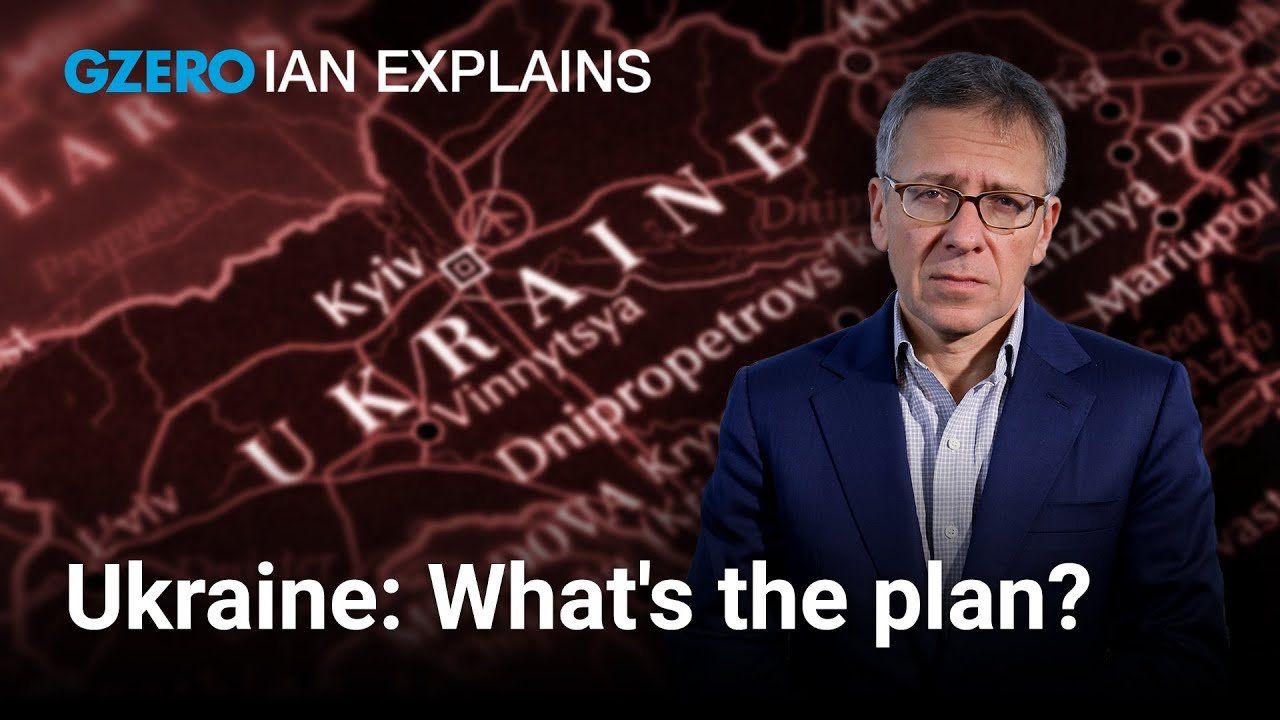What's the plan for Ukraine after two years of war? Ian Bremmer explains

As Russia’s invasion of Ukraine enters its third year, what's the plan for both sides as casualties rise, Europe's support wavers and US funding for Ukraine hangs in the balance?
It’s been two years since Russia launched its full-scale invasion of Ukraine, which shows no signs of ending any time soon. On Ian Explains, Ian Bremmer looks at how Ukraine and Russia have fared so far and what comes next for Kyiv and Moscow. So far, the numbers tell a grim story. Both countries have lost around 70,000 troops each, with hundreds of thousands more injured, according to recent estimates. Meanwhile, Russia still occupies around a fifth of Ukrainian territory. So what’s the plan?
On the Ukrainian side, the strategy remains the same: survive. After a disappointing summer counteroffensive and recent shakeup of Ukrainian military leadership, Kyiv is hoping recent attacks inside Russia can put Moscow on its back foot. The Kremlin, for its part, is waiting out the clock, banking on war fatigue in Europe and political infighting in the US to stem the flow of military assistance to Ukraine. A prospect that seems all the more likely if Donald Trump wins the US election in November.
Ninety-two percent of Ukrainian citizens say that the only acceptable end to the war would be a complete Russian withdrawal from their country, including Crimea. As the conflict enters a third year, 44 million Ukrainians overwhelmingly want to defend the territory, but is that enough to win?